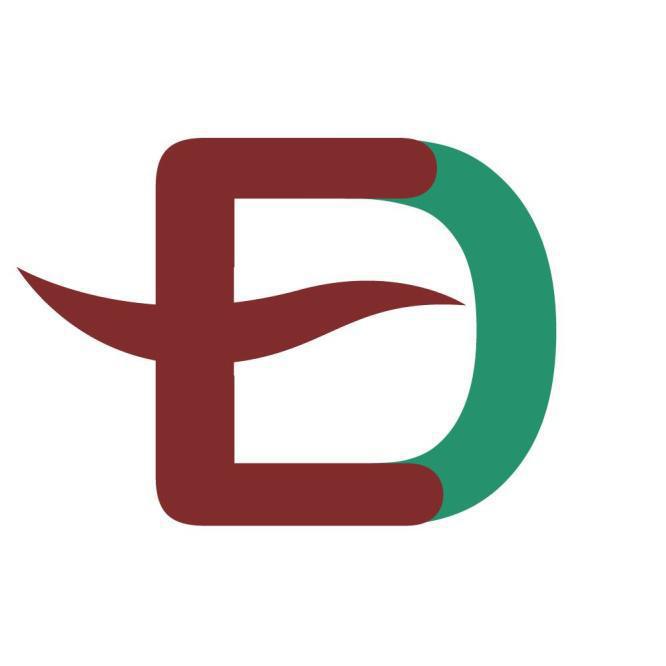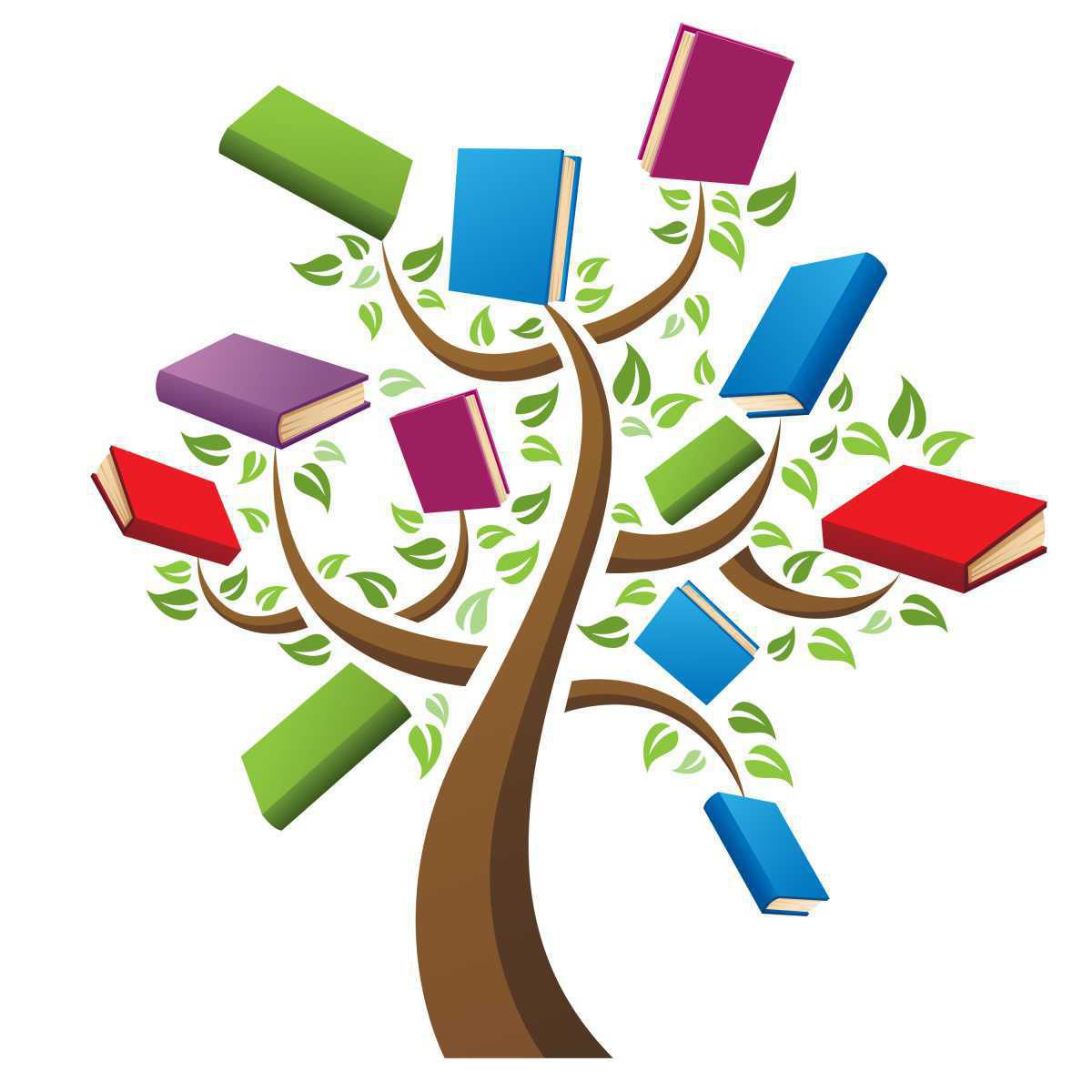Today (June 2nd, 2020) is the 4th World Eating Disorder Action day. This is a grassroots movement designed by and for people with eating disorders, their families, and the clinicians who support them. The website is www.worldeatingdisordersday.org and the theme for 2020 is #shareyourstory.
Sharing stories or ‘narratives’ is an important part of the recovery movement and of Narrative Psychiatry in mental health care. From when we are little children, the stories that our parents read to us help us understand the world for the first time and make sense of our feelings. As we grow older, books, film, art and music that tell stories or events about real people or fictional characters that we relate to, can comfort, engage, excite, scare, and inspire us. They can have a powerful impact on our emotions, thoughts and motivations.
Keeping a diary or journal that tells your own story also helps you mentally process our thoughts and feelings in a deeper way and is often part of psychological treatment or complements it.
Sharing a story about an eating disorder has great potential to help others whether you are a person with an eating disorder, a carer, a friend, a clinician or someone else. It can also help others understand what eating disorders are like and help address stigma.
It is important to share your story safely, especially if you are feeling vulnerable. Take time to consider you and your loved ones privacy, the timing, and any powerful emotions that may be triggered in yourself and others.
The Inspiration Zone in this App is designed to provide a safe space for people with eating disorders and their families to share stories anonymously through writing, art, poems and images. No one should feel alone when managing an eating disorder, and this is one way of building connections.
If you have a short story, art, image or poem to contribute, please sent it to us via your HSE clinician or to ncped@hse.ie. As the aim is to lend a helping hand to other people in need, our clinicians review all submissions to ensure they are recovery-focused.
Also, check out our Bibliotherapy section - a number of blogs and books written from personal experiences are included in the list.


